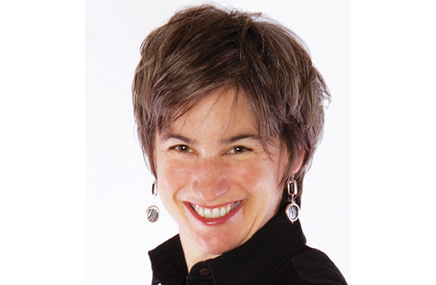As a new user of Apple’s Siri beta, I can’t help but imagine how speech recognition computer software on mobile devices will impact patients, caregivers, healthcare professionals, and ultimately health outcomes. Siri’s current claim is “your wish is its command.” Taken further, Siri promises to help you get things done.
Patients, caregivers, and healthcare professionals don’t lack in matters that need to get done—or could get done more efficiently. Patients and caregivers are seeking doctors, making appointments, and searching for peer-to-peer community support. Healthcare professionals are consulting with specialists, checking for drug interactions, managing comorbidities, and at an increasing rate, accessing electronic medical records for their patients. My guess is that most of us would welcome a personal assistant to help out.
To that end, what should our expectations for Siri be? Is there an opportunity for the healthcare industry to come together to define what’s needed? Siri’s value is accomplished when information seekers retrieve relevant, accurate, and timely data that inform decisions and help drive action.
The healthcare industry is not lacking data and this may be just the opportunity to collaborate, put existing data to good use, and provide guidelines for contributing new data. Siri’s first step towards board certification, perhaps a MC (Medical Consult) versus MD, could be creating a health-specific data engine.
The vision for the health data engine would be to identify best-in-class data sources from the industry. The goal is to pool relevant data that could be put to work to help patients, caregivers, and healthcare professionals get the things done that matter most to their health and to providing the best healthcare.
Let’s imagine an example of how this might work:
Siri MedConsult: Doctor/Patient Dialog Tool
iPhone User: “Access Jane Smith’s record and her diary for the past 30 days.”
Siri: “Ok. Here is Jane’s record, diary, and 5 questions to remember to ask Jane during her visit.”
So, even though we’re in the early days of Siri, let’s start imagining the possibilities together. Early adopters of Siri may already be seeking information that can impact results and improving their health outcomes. Working together across the industry, we can play a role in helping Siri begin the board certification process in 2012, and from there—the possibilities are bright!
From the February 01, 2012 Issue of MM+M - Medical Marketing and Media







